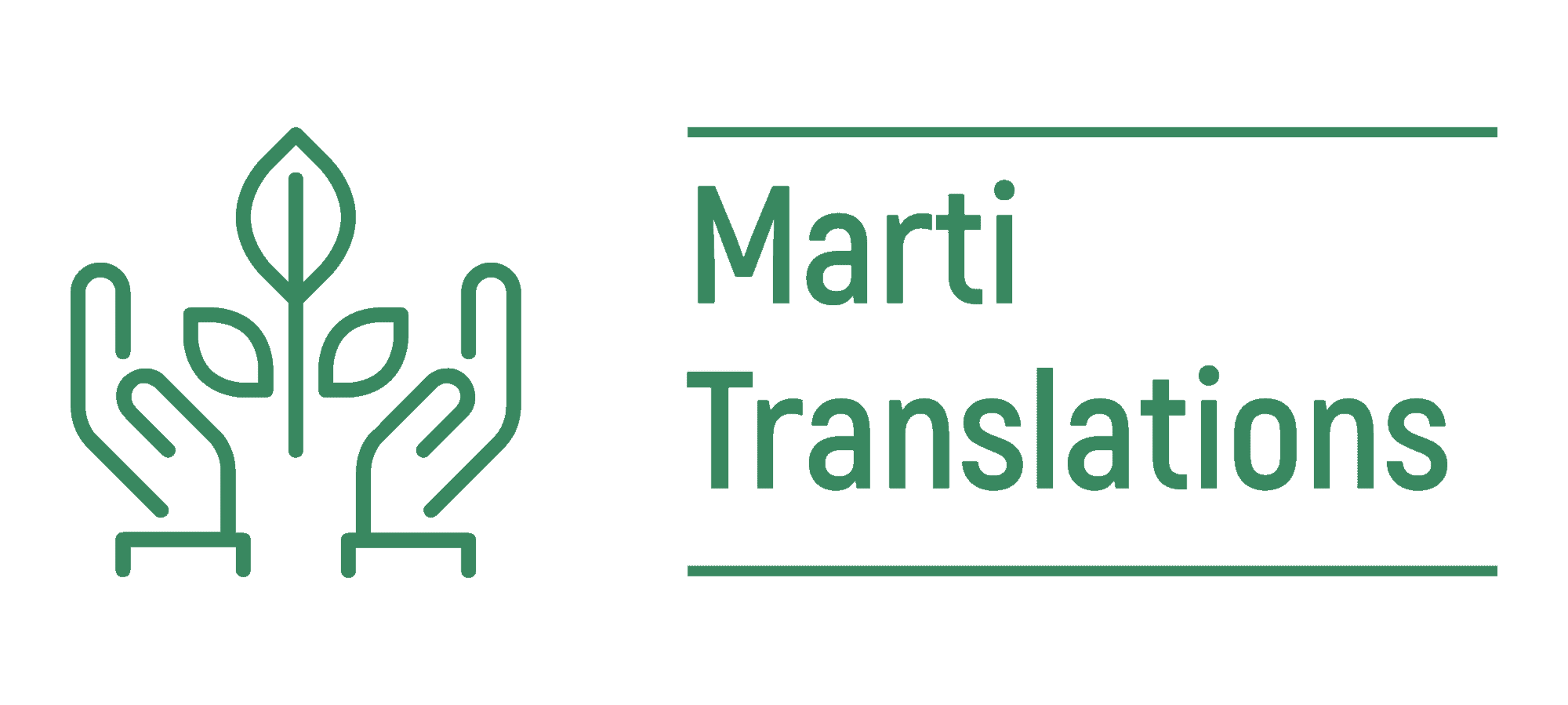Translation FAQ
Do you have a question about the translation process? Then you’re right where you need to be!
Translation into inclusive French. What's that about?
If DEI are part of your core values, you want your French content to reflect that. So you need a translation into inclusive French.
Writing an inclusive text that’s also clear and engaging is challenging. Especially in French!
Because the standard grammar rule is this: “masculine trumps feminine”. In other words, if you don’t know the gender of the person you’re referring to or if you’re referring to a group of people, you need to use the masculine form.
There are many ways to go around this standard rule.
But you need a translator who has that specific set of skills. So your French copy is inclusive and aligned with your brand voice.
Do you use machine translation?
While machine translation can be useful and produce good results in some cases, it’s not recommended for the translation of sustainability reports, marketing documents or contracts.
A machine-translated document will need to be proofread very meticulously and this process can take more time than it would take a professional to translate your document in the first place.
At present, machine translation cannot handle complex messages. It often translates word for word and lacks fluidity. It cannot precisely translate nuances or the author’s intention.
This is why I don’t use machine translation.
Which languages do you translate?
I translate written documents from German and English into French (for France and Switzerland)
How much does a translation cost?
Every project is unique, therefore translation cost depends on:
• The type of document
• The deadline
• The document size
• The language the text is written in
• The document format
Contact me to get your free quote!
What kind of documents can you translate?
As a translator specialising in business law, sustainability and DEI, I can translate and edit a variety of documents, including:
• Business contracts
• Terms and conditions
• Privacy policies
• Sustainability reports
• Corporate policies
• Recommendations
• Press releases
• Letters and internal emails
• Training documentation
Contact me to get a free quote! If I cannot take on your project, I will do my best to refer you to a trusted colleague.
How long does a translation take?
I usually translate around 1,500 words (3 to 5 pages) per day.
However, the project deadline can vary depending on type of document, the format, whether you provide a glossary, etc.
Will my document layout stay the same?
If you send me an editable document (Word, Excel or PowerPoint format for instance), I can deliver the translation in the same format and layout. Like many professional translators, I use software that allows me to translate the content without changing your layout.
What's the difference between proofreading and editing?
Proofreading implies carefully checking the original text against its translation to make sure that the message is accurate and complete. More than checking for grammar and spelling errors, it means reviewing and improving the text. Some sentences may be rewritten to avoid informal phrases, repetitions, and unclear meanings.
The goal is to deliver a document that is perfectly clear for the final reader and to spot any errors in translating nuances that a non-professional translator might make.
Editing implies checking the text for spelling, grammar and punctuation errors. It is the polish brought to the final version of the document, right before it is published. It is crucial that you have your documents edited by a person who is not the author – an expert who can take an informed look at your document and spot every last error or typo.
Why should I work with a professional translator?
You took the time to draft a quality document that speaks to your stakeholders and customers.
If you want your message to be correctly translated into French, choose a professional translator. He or she will deliver a quality document that will be free of errors or ambiguities and targeted to your audience.
Leaving the translation to a professional translator also saves you valuable time that you can dedicate to your core business.
What information do you need to provide a quote?
To provide you with a specific quote, I will ideally need the final version of the document you want translated.
If the document is not finalised yet, I can give you an approximate quote based on the following information: text language (English or German), type of document, industry, estimated volume, deadline and target audience. The more information you can give me, the more precise my quote will be.
What's a glossary?
A glossary is a list of the terms and concepts your company frequently uses, along with their equivalent in French. For each term, it can also include a definition and the context in which it is used.
Feel free to provide me with any type of glossary that you use. It will help me translate your documents with your words.
What's a style guide?
A style guide is a practical document that gathers writing rules and preferences and is specific to your company. It can include:
• Punctuation rules
• Preferred tone and wordings to use or to avoid
• Rules for handling foreign words
• Rules for handling numbers and capitals
• Names of products and brands, which can be country-specific
• Common errors
A style guide guarantees uniform translations. It is also a time-saver because the translator can check your style guide for any questions he or she may have. It also makes it easier for your staff to draft their documents.
What's the difference between a translator and an interpreter?
A translator works on written documents, for instance the translation of contracts, whereas an interpreter translates spoken language orally, for instance in a court house.
Anything else on your mind?
Contact me if you have any other question or if you would like a free translation quote.

